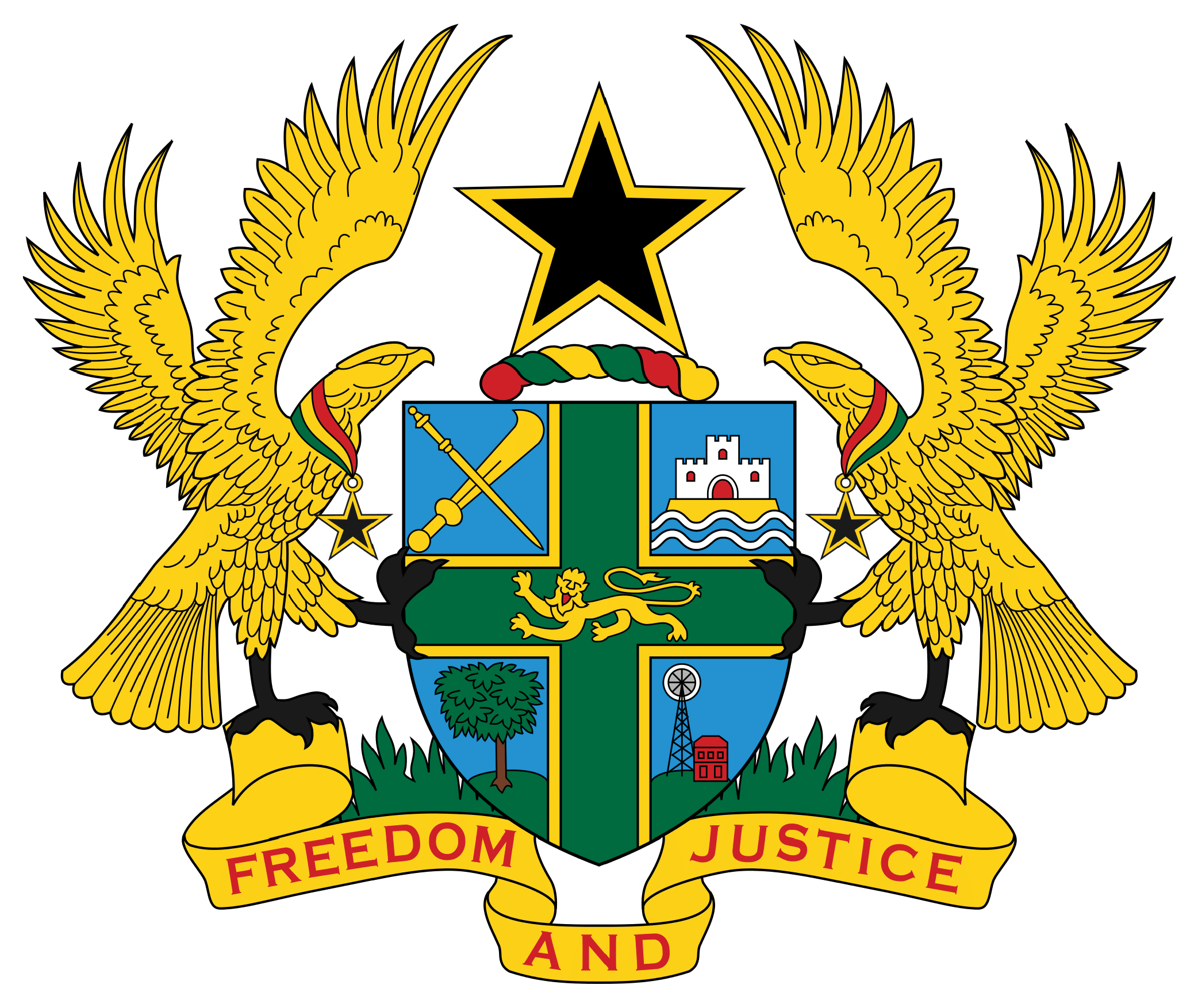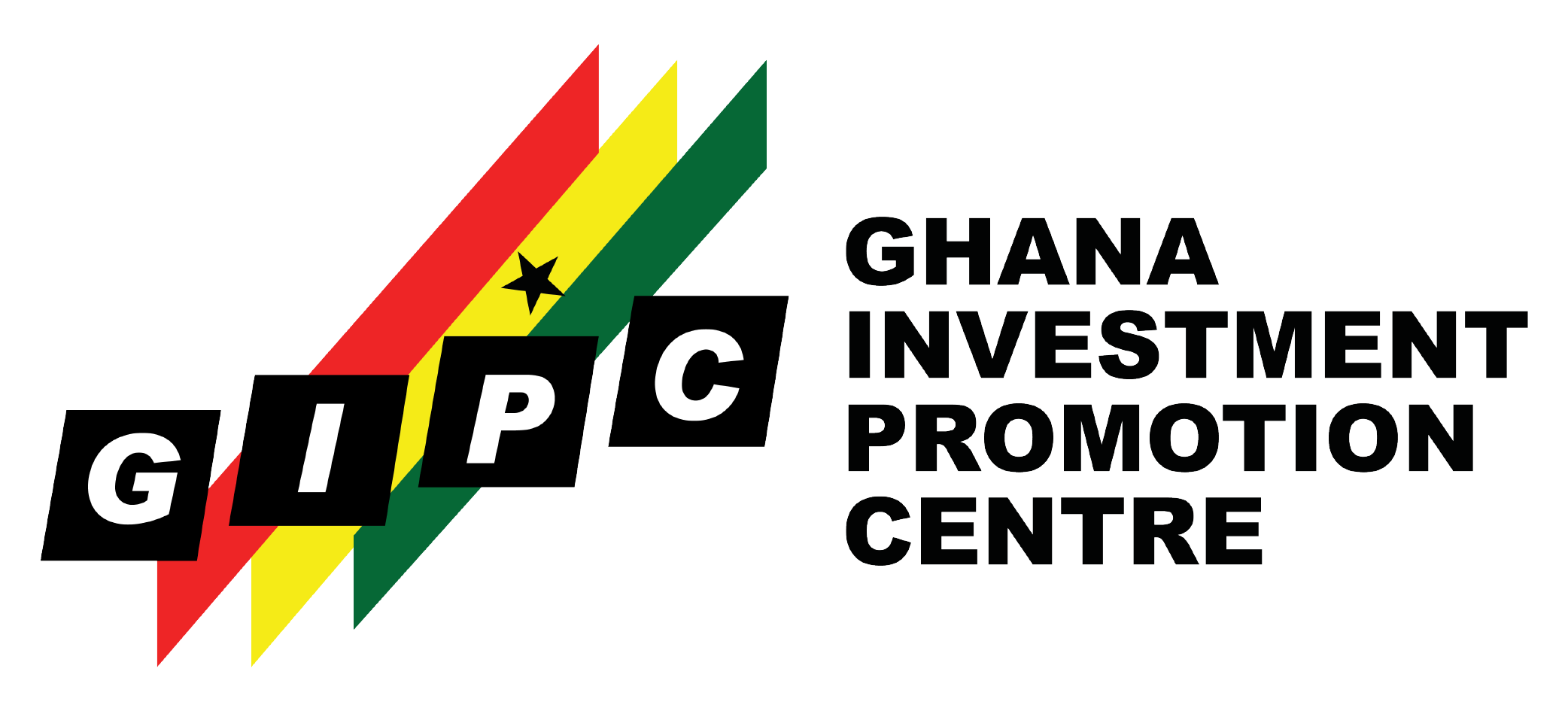Investing in Ghana (Part 2):
Top 6 reasons to invest in Ghana
Ghana Invest is continuing the series on investing in Ghana by sharing insights on Ghana’s business, political, and investment landscape to help you make an informed decision.
To follow the progress of the insight, we encourage you to access the first part of the series here on the Ghana Invest website.
Post-Pandemic Prospects.
In his inaugural address for his second and last term as President of the Republic of Ghana and Commander-In-Chief of the Ghana Armed Forces, in January 2021, H.E. Nana Addo Dankwa Akufo-Addo, did acknowledge the enormous task before his government.
He did, however, signal his government’s readiness to face it head on and chart a new growth path, which will first necessitate recovery from the pandemic. “but more significantly, for the considerable amount of work that is to be done over the next four (4) years, in our drive to take our nation firmly onto the path of progress, prosperity, and development, following the havoc wreaked by COVID-19.” He said.
According to a recent IMF report, Ghana’s economy is projected to remain relatively strong over the medium term, supported by higher prices for key exports and strong domestic demand.
Growth is projected to reach 5.5% in 2022 and average 5.3% over 2022. Growth is expected to be broad-based, led by agriculture and services, and a relatively stronger industry sector.
This growth is certainly above the African average and can be attributed to the extensive national reconstruction programmes to which the government has been committed in recent years.
Top 6 reasons to invest in Ghana
• A committed ally of the private sector

As a centre-right and liberal-conservative political party, the Akufo-Addo led government has not shied away from its ideology of championing private sector reforms that strengthen growth and protect private sector investments.
In the first term, the government proceeded to setup the Ministry of Business Development, aiming to “create a sustainable and business-friendly, entrepreneurial and innovative business environment that fosters private sector-led investment and job creation.” According to the mandate stated on the Ministry’s website.
Without a doubt, good governance fosters the growth of the private sector. Given the scale and magnitude of the opportunities that could be leveraged from effective and positive private sector reforms, it has become imperative that Ghana develop a coherent policy approach to establish a hospitable regulatory framework.
In our previous issue on how Ghana can leverage FDI for economic growth, we highlighted on the importance of courting FDI, especially private sector-led investment, to drive growth.
“These issues border on rules regarding market entry, foreign ownership, and treatment accorded to foreign-owned firms, as well as improving the general market functions.”
“They also include a conscious approach to including investment promotions, investment incentives (tax, etc.), post-investment services, amenity improvements, and measures to reduce the cost of doing business.”
• A wealth of natural resources

The country is blessed with a wealth of natural resources. Ghana is one of the wealthier countries in West Africa thanks to its resources like gold, cocoa, timber, diamonds, bauxite, manganese, fish, rubber, hydropower, silver, salt, limestone, and now a large amount of oil and gas.
The majority of these resources, especially petroleum products, gold, and timber, are found in the western part of the country. Grasslands, coastal scrublands, and forests form the major regional geographic zones. Agriculture accounts for 69.1% of land usage, of which 20.7% is reserved for arable land, 11.9% for permanent crops, 36.5% for permanent pasture, 21.2% for forest and the remaining 9.7% classified as “other”.
Opportunities abound in Ghana, and more and more businesspeople are seizing them.
• Politically stable country in the region

Ghana is one of sub-Saharan Africa’s most politically and economically stable nations. It’s one of the continent’s most dynamic democracies. It became the first African nation to attain independence from a European colonial authority in 1957. Ghana is a country with a wide variety of environments, languages, and ethnic groups. Over time, the wellbeing of its citizens has steadily improved.
The country became the citadel of the Pan-Africanism movement and championed the independence agenda across the sub-region.
A multi-party democracy, with peaceful handovers and transitions of political power between two major political parties since the 1992 elections.
Following a peaceful election in 2016, the National Democratic Congress (NDC), led by the former President, H.E. John Mahama, then incumbent leader, handed over power to the position New Patriotic Party (NPP), led by the current President, H.E. Nana Addo Dankwa Akufo-Addo.
This political maturity and stability makes Ghana one of the most attractive investment destinations in the sub-region.
• Citadel for trade & regional integration

Ghana has continued to play a pivotal role in the continent’s regional integration agenda and is an active participant in sub-regional and continental wide bodies such as ECOWAS and the African Union.
Significantly, the country is host to the continent’s free trade area secretariat, the AfCFTA. The African Continental Free Trade Area is the largest free trade area in the world. There are 1.3 billion people across 55 countries, with an estimated combined GDP of $3.4 trillion.
The AfCFTA’s implementation is certainly bringing about the kind of extensive reforms required to boost long-term prosperity in African nations through trade and investment.
Ghana Invest is playing an active role in trade and business facilitations across the sub-region. Our on the ground team of consultants are actively assisting business leaders to navigate and to take advantage presented by the AfCFTA.
• Robust Financial Services Sector

Ghana has a sizable banking and financial services industry. The general regulation and oversight of this sector is the responsibility of the Bank of Ghana (BoG), the nation’s central bank. The banking and finance industry in Ghana has maintained its excellent performance.
A regulatory crackdown in Ghana’s banking sector since August 2017 has led to a string of market exits as a result of bad business practices and low capital levels. In addition to other difficulties, it revealed that Ghana’s banking sector faces difficulties with solvency, liquidity, and asset quality, with some banks displaying considerable under-provisioning and capital deficiencies.
All universal banks were required to increase their minimum paid-up capital to GHS400 million ($77.5 million) as a result of a new minimum capital requirement that was implemented by the central bank in response.
Due to the BoG’s recapitalization process, there are now fewer well-capitalized banks in the market that are prepared to handle large transactions.
Now that the financial services sector is dependable, capable, and forward-thinking, you can relax knowing that your investment will be maintained.
At Ghana Invest, we are providing insights and support systems to facilitate investment and partnerships into Ghana’s economy.
• Technologically driven reforms

In recent years, Ghana has aggressively undertaken major technologically driven reforms, from those that border on financial inclusion to those that improve the delivery of public services.
Most of these digital reforms have begun yielding impressive results, such as mobile money interoperability, a major step towards financial inclusion.
In April 2022 alone, the World Bank approved $200 million to accelerate Ghana’s digital transformation agenda for better jobs.
According to Pierre Laporte, World Bank Country Director for Ghana, Liberia, and Sierra Leone, “Expanding digital access and adoption, enhancing digital public service delivery, and promoting digitally enabled innovation are essential for Ghana’s digital transformation, which will help drive a robust post-COVID-19 recovery.”
These robust digital infrastructures and reforms are making doing business in Ghana seamless and accessing government services hassle-free.
Today, Ghana Invest is working on multiple projects, providing bespoke advisory services in the space.
To be continued…
About Ghana Invest
Ghana Invest is a private diaspora-led organization dedicated to the promotion of Ghanaian trade, industry and investment abroad.
We are facilitating sustainable flow of growth capital & businesses to Ghana.
Connect with us to today to gain unparalleled access to viable opportunities across multiple sectors.



